Section 1202: How Business Owners Can Save Millions of Dollars in Taxes
Section 1202 of the IRS code can potentially save eligible business owners millions of dollars in taxes. However, it is an underutilized section as few business owners know how to successfully implement this strategy.
Section 1202 of the Internal Revenue Code provides an opportunity for business owners to save millions of dollars in taxes by allowing them to exclude a portion of the gain from the sale of qualified small business stock (QSBS).
In this article, we will explore the requirements and benefits of this tax provision, as well as strategies for maximizing the tax savings available under Section 1202. Whether you are a small business owner looking to sell your company or an investor considering buying stock in a small business, understanding the potential tax benefits of Section 1202 can be critical to your financial success.
What is the Section 1202 Exclusion?
The Section 1202 exclusion, also known as the Qualified Small Business Stock (QSBS) tax exemption, is a powerful tool for business owners, investors, employees and others who receive stock in a qualifying company.
This provision in the Internal Revenue Code (IRS) allows individuals to exclude 100% of capital gains from the sale of qualifying stock, up to a maximum of $10 million or 10 times the initial investment, whichever is greater. This can translate to significant tax savings, potentially reaching millions of dollars. For those who qualify, QSBS can be a valuable asset in maximizing financial success.
How Much Can Taxpayers Save with the 1202 Exclusion?
The Section 1202 exclusion, also known as the Qualified Small Business Stock (QSBS) tax exemption, offers a significant opportunity for tax savings on capital gains. By excluding up to $10 million in capital gains, or sometimes more, from taxable income, individuals can potentially save millions of dollars in taxes. For example, at an estimated tax rate of 37%, a $10 million exclusion would result in a savings of $3.7 million. Even if the gains exceed the exclusion threshold, the qualifying amount can still offer significant tax savings.
Who Qualifies for Section 1202 Savings?
To qualify for QSBS treatment, shares must be received directly from a “qualified small business” in exchange for cash or services provided. This applies to both stock sold to early investors and stock given to early employees in exchange for services. A “qualified small business” is defined as a C-corporation engaged in an active trade or business with less than $50 million in gross assets at the time of the shares’ issuance.
Understanding the Qualifications of Section 1202
It is important to note that with such significant tax savings come specific qualifications to receive the benefit. Let’s discuss some of these qualifications.
Stock must be acquired directly from a domestic (US) C corporation.
Stock can only be considered Qualified Small Business Stock (QSBS) if it is acquired from a C corporation and sold while the issuer is also a C corporation. Additionally, the corporation must maintain its C corporation status from the date of issuance to the date of sale.
Section 1202’s gain exclusion cannot be claimed by a corporate stockholder.
Stockholders other than C corporations can qualify for the gain exclusion under Section 1202 of the tax code, but foreign stockholders and tax-exempt stockholders may not be eligible.
QSBS must be acquired directly from the corporation for cash, property or services.
Cash consideration for Qualified Small Business Stock (QSBS) can include $0.001 per share of founder stock or $1,000 per share of convertible preferred stock. “Property” such as intellectual property contributed by founders can also be exchanged for QSBS. Stock issued as a grant to an employee or director can qualify as QSBS as long as it is vested or the recipient makes a timely Section 83(b) election. QSBS can also be transferred upon the death of the stockholder or as a gift and retain its status in the hands of the recipient. Tax partnerships can also distribute QSBS to its partners. It is important to keep full documentation of the consideration paid for QSBS.
QSBS must be “stock” for federal income tax purposes.
QSBS can be voting or non-voting common or preferred stock. Non-vested stock can be treated as “stock” if the recipient makes a timely Section 83(b) election. Stock options and warrants are not considered “stock” for federal income tax purposes. SAFE instruments may be considered “stock” but may be challenged by the IRS.
QSBS must be held for more than five years.
It is possible to reinvest the proceeds from the sale of QSBS in replacement of QSBS if sold before a five-year holding period under Section 1045. QSBS can also be exchanged for other QSBS or non-QSBS in a Section 351 nonrecognition exchange or in a Section 368 tax-free reorganization. The holding period for QSBS typically starts on the date of issuance. If stock is unvested under Section 83, the holding period starts when the stock vests or upon issuance if a Section 83(b) election is made.
The IRS does not make the qualification process easy, which is to be expected when significant tax savings are at stake.
Evaluating the Risks
One common mistake made by entrepreneurs is not considering the QSBS exemption until the time of sale, which can result in missing out on potential tax savings. To avoid this, it is important to plan ahead. Another potential issue is that many startups prioritize stimulating initial growth over tax optimization in the long term.
As more companies and business owners understand the potential impact of Section 1202 on a future liquidity event, we may see more pre-liquidity planning and companies organizing and capitalizing with a long-term mindset.
To Learn More, Tune into Our Podcast
In this episode, Roby Kotcamp and Kyle Malmstrom explain what Section 1202 entails, the primary eligibility criteria for QSBS (qualified small business stock) transactions, and the major tax benefits involved in the process.
Roby and Kyle discuss:
- Three types of business owners that can benefit most from QSBS transactions
- Important dates that affect the extent of your tax exemption
- How to minimize your federal and state income tax as well as your estate tax
- Why you should plan at least a year in advance for QSBS transactions
- And more
Connect With Centura
At Centura Wealth Advisory, we go beyond a traditional multi-family office wealth management firm to offer advanced tax and estate planning solutions which traditional wealth managers often lack in expertise, knowledge, or resources to offer their clients.
We invest heavily into technology and systems to provide our clients with fully transparent reporting and tools to make informed decisions around their wealth plan.
Read on to learn more about our 5-Step Liberated Wealth Process and how Centura can help you liberate your wealth.
Disclosures
Centura Wealth does not make any representations as to the accuracy, timeliness, suitability, or completeness of any information prepared by any unaffiliated third party, whether linked to or incorporated herein. All such information is provided solely for convenience purposes and all users thereof should be guided accordingly.
We are neither your attorneys nor your accountants and no portion of this material should be interpreted by you as legal, accounting, or tax advice. We recommend that you seek the advice of a qualified attorney and accountant.
For additional information about Centura, please request our disclosure brochure as set forth on Form ADV using the contact information set forth herein, or refer to the Investment Adviser Public Disclosure website (www.adviserinfo.sec.gov). Please read the disclosure statement carefully before you engage our firm for advisory services.



